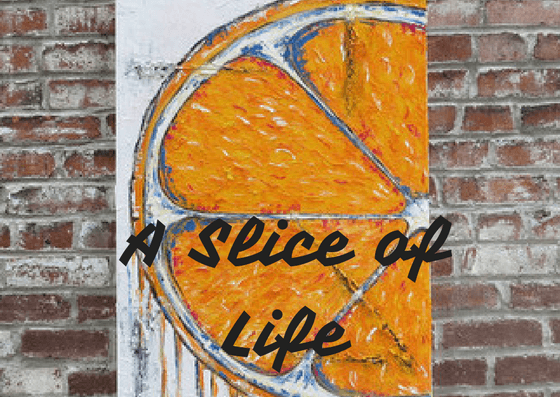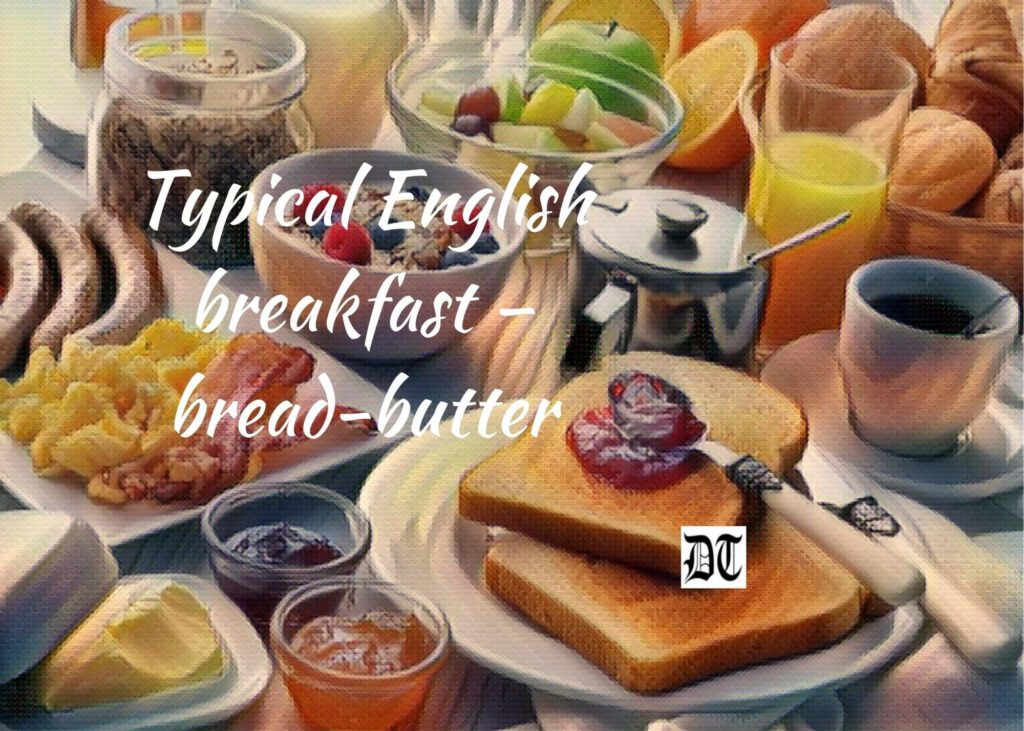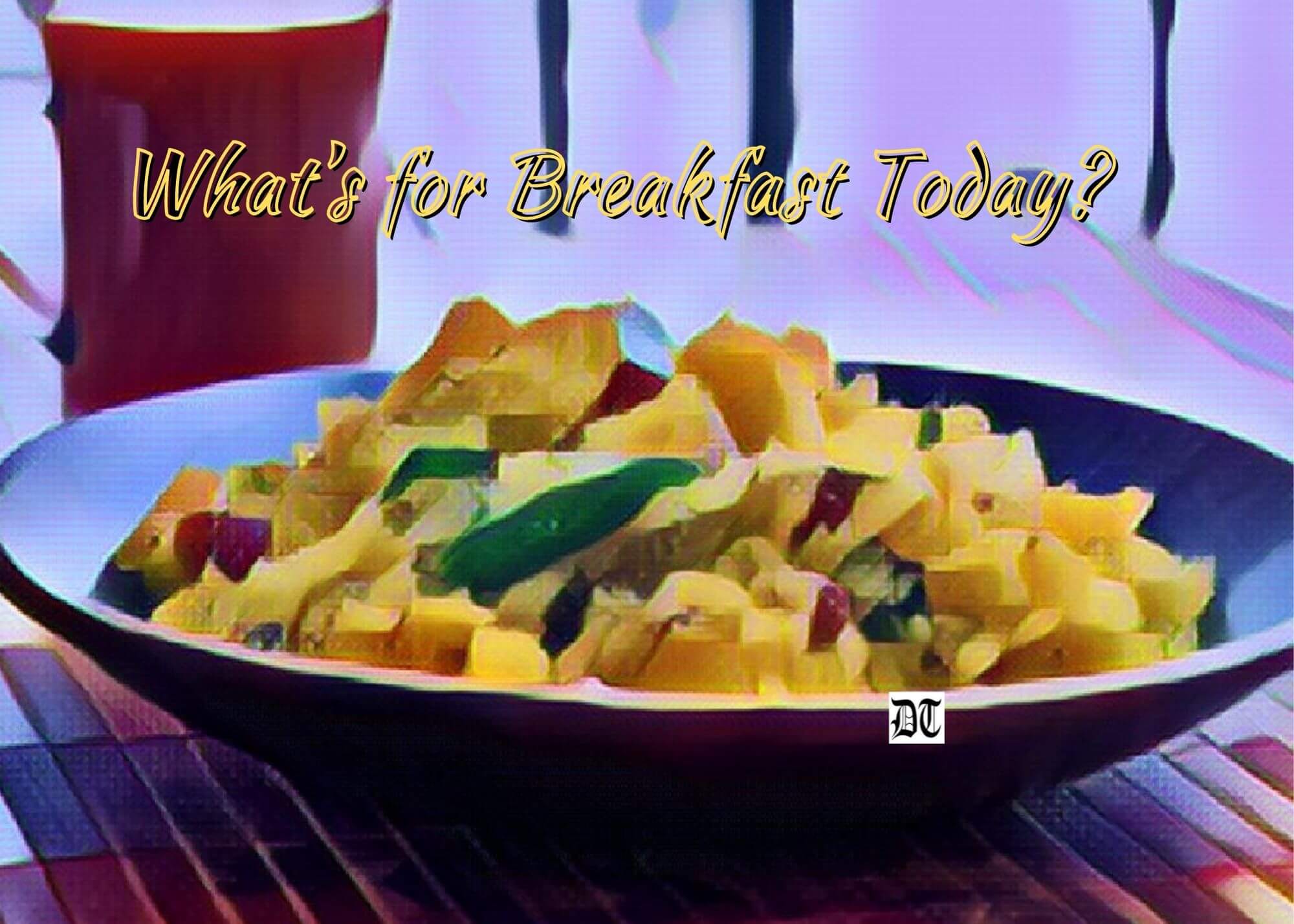Reading Time: 3 minutes
Ruchira tells us that breakfast is the most important meal of the day. She tells us about the many breakfast options – tasty, tangy, yummilicious to healthy. An exclusive for Different Truths.

Breakfast happens to be the most important meal of the day for the civilised homo sapiens. After a spell of fasting, foodlessness or zero intake (call it what you will) following dinner, breakfast replenishes the stores of energy and nutrients in the body. Eating breakfast boosts your energy levels, helps in maintaining optimum metabolism rates.
Myriads of stories and descriptions have been spun and woven around this highly important activity of our daily lives. Back in the Vedic (read ancient) times we read how the rishi-munis (as well as householders) breakfasted on luscious (whole)fruits (jams and juices weren’t around then) honey, milk, and other dairy products…. As the years rolled by and circumstances changed, breakfast lost its pristine quality. Natural and organic derivatives yielded place to carb-loaded stuff like rotis, poorie/luchi, bhaturey, kulche, dosa, a medley of parathas and more…
In the rural areas of coastal India, rice eating states a staple breakfast option remains pakhara bhata/ panta bhaat…
In the rural areas of coastal India, rice eating states a staple breakfast option remains pakhara bhata/ panta bhaat though these are more in the nature of ‘brunch’ rather than breakfast, as they keep you fully satisfied, enabling you to conveniently skip lunch. Boiled plain rice is doused in water and left to stand overnight. In the process vitamins, minerals and other micronutrients are released which when consumed will benefit the body immensely. Very close to this is the fenabhaat highly popular among Bongs hailing from diverse social strata. Even the smallest helping of fenabhat is packed with high calories and therefore is advisable to sample this prior to undertaking any rigorous outdoor activity or a long journey perhaps.
A highly satisfying and healthy breakfast option for the desi palate is idli. For the simple reason that it cuts out any degree of frying whatsoever and consequently the use of oil which are detrimental to overall body health. Though the original ingredient used to be rice, and rice alone, nowadays options available are oats, lentils, semolina by themselves or in combinations.
A close cousin is the dhokla replete with proteins and prepared by identical methods.
Then we have the poha or chiwra (flattened rice), a breakfast item which can be cooked and consumed in innumerable ways…
Then we have the poha or chiwra (flattened rice), a breakfast item which can be cooked and consumed in innumerable ways, using chopped onions, tomatoes, peanuts, green chilies, asafoetida/hing curry leaves, cilantro, diced potatoes, mustard grains. The not-so-adventurous can eat poha with curd after adding a little sugar, and teaming it up with sandesh (sweetened cottage cheese ball).
There is always the ubiquitous murmura/muri (puffed rice). For a long time, ordinary folks were known to be eating muri with warm milk à la cornflakes and milk of the upper crust tables.
The list of ethnic breakfast food seems to be unending. I mustn’t forget to mention Uppuma, which though of southern antecedents, is gaining countrywide popularity.
There is the innocuous dalia made of varied wheat e grains (bulgur/ buckwheat). It has always been and remains a reliable, healthy breakfast option.
The Colonials introduced bread to the subcontinent.
The Colonials introduced bread to the subcontinent. Be it the roadside Pavbhaji or the typical English breakfast – bread-butter (jam /cheese/marmalade as add-ons) eggs, porridge, and fruit, to be washed down with tea – we need to thank the Portuguese and the British for widening our vistas of breakfast stuff.

Talking of bread, it’s amazing to note how our folks managed to Indianise bread to cater to their tastes. And the result is the bread pakora, immensely popular in the northern, Hindi speaking states.
… many reputed international manufacturers of breakfast products have appeared in our domestic market.
Fast forward to modern times. In the post-globalisation era, many reputed international manufacturers of breakfast products have appeared in our domestic market. They introduced granola and Muesli among others. For the uninitiated, Muesli is a mixture of oats, nuts, seeds, and dried fruit, all raw and loosely mixed. Soaked overnight in milk or juice it is served cold the following morning. You could also empty a packet into warm milk/water to turn it into porridge. On the other hand, Granola comprises nuts, oats, and dried fruit blended with oil and sweeteners (honey, maple syrup, cane sugar) and baked.
Another recent fad is peanut butter, an alternative for the traditional one. At this point, I must confess, I never relished peanut butter. Nor Muesli and granola for that matter. But never mind, each to his/her own likings.
Picture design by Anumita Roy, Different Truths















